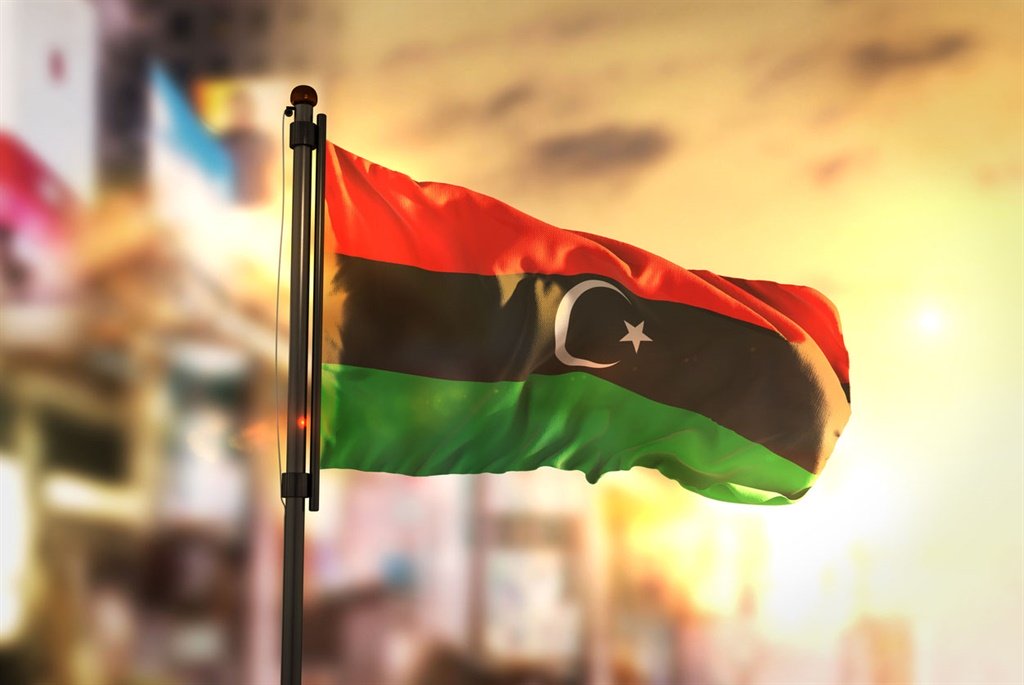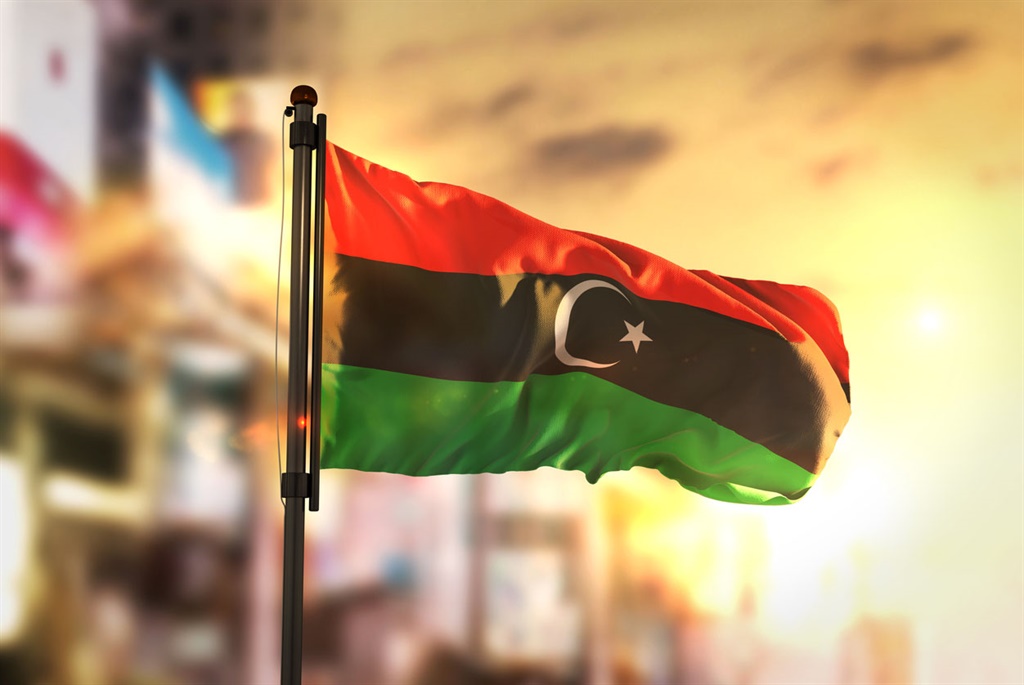

While the world is gripped by the coronavirus pandemic, war-shattered Libya marks one year Saturday of its latest bloody conflict that is plunging it ever deeper into chaos.
Russia, Turkey, the United Arab Emirates and others have fuelled the fighting in the oil-rich but poverty-stricken North African nation where hundreds have been killed and over 150 000 displaced.
Medical experts warn that Libya is at heightened risk of the fast-spreading Covid-19 illness, given the deteriorated public health system in the gateway country for desperate Europe-bound migrants.
As much of the world has hunkered down, militias in the south of the capital Tripoli have kept firing bullets, mortars and grenades at each other, the explosions echoing across the city.
Libya has been gripped by chaos for almost a decade, since longtime dictator Muammar Gaddafi was brought down and killed in a 2011 uprising backed by several Western powers.
It is now split between the UN-recognised Government of National Accord (GNA) in Tripoli and forces loyal to eastern-based strongman Khalifa Haftar, who launched his offensive to try to capture the capital on April 4 last year.
One year on, and several failed ceasefires later, “we are simply witnessing the decimation of a nation”, said analyst Jalel Harchaoui of the Clingendael Institute in The Hague.
The United Nations’ envoy to Libya, Ghassan Salame, threw in the towel in early March following the repeated failure of efforts to restore order, although he said his resignation was for health reasons.
A Berlin summit in late January saw Moscow, Ankara and other foreign players engaged in Libya pledge to respect an arms embargo and support a truce.
But barely 10 days later, Salame was denouncing violations and a continuous influx of foreign arms and mercenaries.
Turkish President Recep Tayyip Erdogan has openly sent military equipment and fighters to the GNA.
Libya:
Turkey back GNA force conduct airstrike and destroyed LNA ammunition trucks south of Bani Walid.
Report, Russian mercenary was killed and another wounded pic.twitter.com/GD9adgAfIr— Gohar Nawaz Khan (@goharkhan47) April 2, 2020
Russia, Egypt and the United Arab Emirates have meanwhile supported what Haftar claims is a campaign against jihadist “terrorists” and “criminals”.
As Haftar’s offensive has so far failed to take Tripoli, said Harchaoui, Erdogan’s government has been able “to increase its presence and influence in the Libyan capital”.
In recent months, Erdogan sent hundreds of pro-Turkish Syrian fighters to battle the pro-Haftar forces, who are supported by Russian mercenaries Moscow denies having sent.
Armed groups from western Libya are fighting Haftar forces “in an existential battle”, said Wolfram Lacher of the German Institute for International and Security Affairs.
“Haftar’s forces are notorious for looting and summary executions, and they include groups that are motivated by a thirst for revenge against entire communities,” he said.
“The fear of war crimes, of collective punishment, of marginalisation under dictatorial rule means that the forces fighting against Haftar won’t give up easily.”
Fighting has intensified in recent days, despite the latest pledges by both sides to accept UN and international calls for a humanitarian truce to help contain the coronavirus.
The international community’s “distraction linked to Covid-19 has accelerated and exacerbated this escalation which, in any case, was inevitable,” said Harchaoui.
Libya has confirmed just a handful of cases so far, but the UN aid agency OCHA has warned it is “at high risk of the spread of Covid-19 given its levels of insecurity, weak health system and high numbers of migrants, refugees and internally displaced persons”.
A few days ago, the GNA even announced a counter-offensive paradoxically named “peace storm”.
Libya:
Summary of Turkey back GNA Operation Peace Storm: 25 March to 1 April
Destroyed:
2 LNA IL-76 Transport aircrat.
Pantsir S1 air defense.
UAE Drone.
Tanks/ vehicles.
3 Ammunition Storages.
23mm anti aircraft gun.
SU22 Aircraft Damaged.Hundreds Haftar militias killed pic.twitter.com/ue23t71K8r
— Gohar Nawaz Khan (@goharkhan47) April 2, 2020
Fighting is still concentrated south of Tripoli and east of the coastal city of Misrata, after pro-Haftar forces in early January captured Sirte, some 250km away.
Fears of war and disease have piled on misery for the displaced, such as Fatma Khairi, who has taken refuge in a school building in the working class district of Abu Slim, in the south of Tripoli.
“I have a lot of trouble with the communal toilets where often there is no water or soap,” she told AFP.
“My family and I live in dramatic conditions that I can hardly describe to you. The situation has become unbearable.”
The humanitarian situation is likely to deteriorate as the world faces a deep economic crisis and a further slump in the price of oil, Libya’s main source of income.
Pro-Haftar forces have already shuttered the country’s main oil fields and production has come to a virtual standstill.
A political resolution to the conflict seems remote, said both Lacher and Harchaoui, who agreed that the international community would have to pressure the outside powers, especially the United Arab Emirates.
“If no Western state agrees to contradict the UAE even a little, an even more serious deterioration of the conflict will be inevitable,” said Harchaoui.
Lacher judged that for now “Western states are not ready to exert meaningful pressure on Haftar and the UAE. As long as this is the case, the prospects for a political solution are virtually non-existent.”

